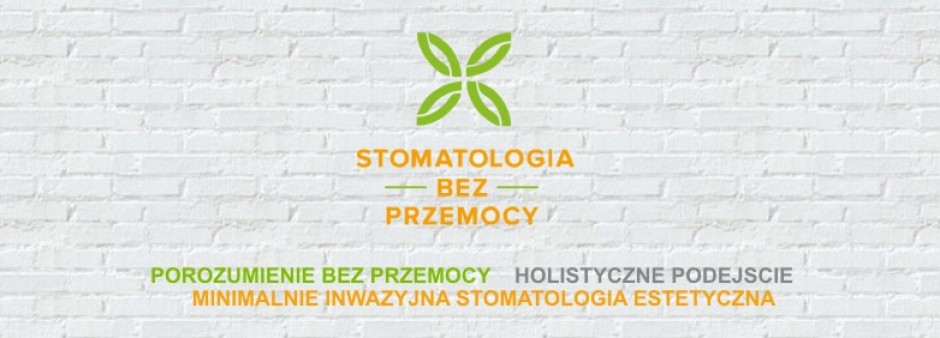“Phobia” is traditionally defined as “an irrational fear that leads to avoidance of situations, objects, or activities that cause fear (although the Greek word “phobia” simply means fear)”.
Exposure to a stimulus causes an immediate anxiety response, which may take the form of a panic attack. Phobia causes a lot of pain and affect other aspects of life, not just oral health. A person suffering from dental phobia spends a lot of time thinking about their teeth, their dentist or dental situations, or spend a lot of time trying NOT to think about teeth, dentists or dental situations. It is quite difficult in today’s society because we are constantly under attack of toothpaste and brushes advertising.
The main problem with the term “dental phobia” is that there is not only one type of dental phobia, but many types – some reasonable, and those that appear to be more “irrational”.
If you feel that some of these fears apply to you, please contact us in the easiest way to discuss your problem.
- Fear of the dentist
- Embarrasment because of the state of teeth and the fear of rebuke, teaching, humiliation
- Fear of losing control (of sitting in the chair, of not having information about the course of treatment, of inability to say STOP)
- Fear of smells, sounds, tastes
- Fear of pain
- Fear of “drilling”
- Fear of needles and injections
- Fear of crying, losing consciousness, being ridiculed
- The fear of retching
- Fear of choking
- Fear of numbness
- Fear that the anesthesia does not work
- The fear of allergic reaction to the anesthesia
- Fear of the need to undergo extensive surgery
- Fear of bad or unnecessary treatment
- Fear of medical costs
- The fear of panic attacks, agoraphobia
- Trauma associated with sexual abuse
Please do not publish pictures and text from this website as your own. It is against the law. Act of 4 February 1994 on Copyright and Related Rights (Journal of Laws of 1994 No. 24, item. 83).


